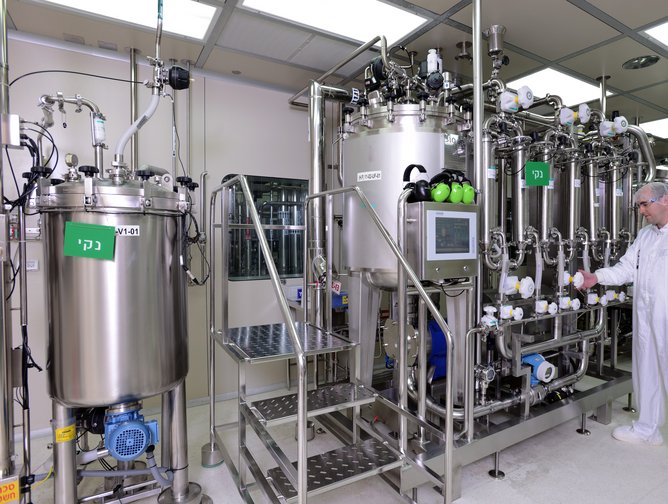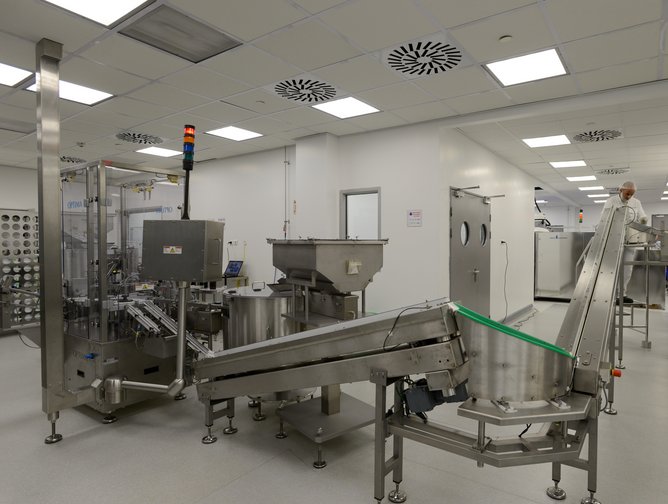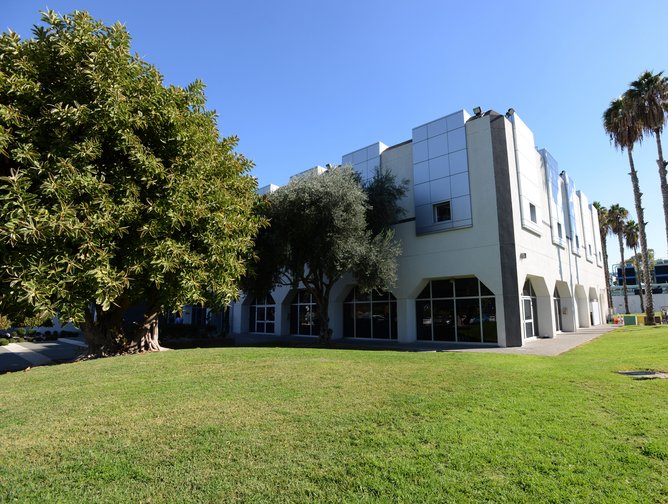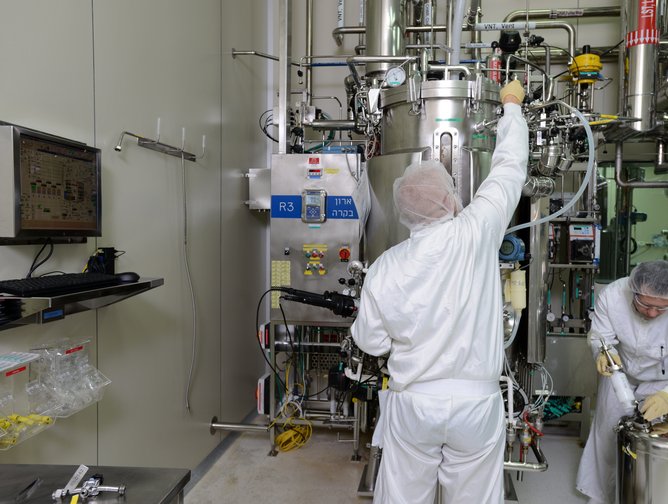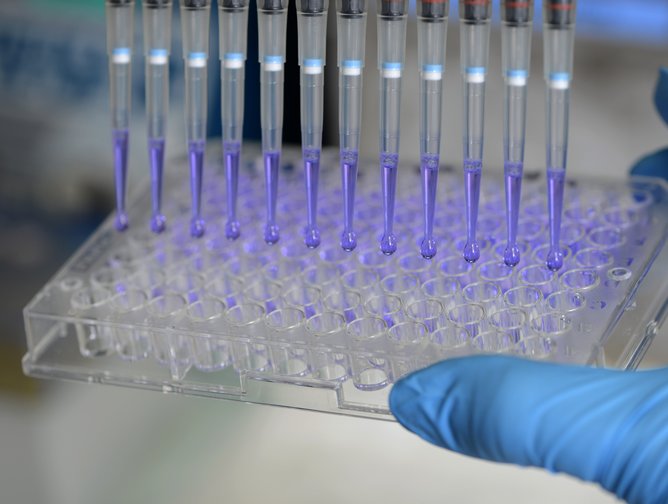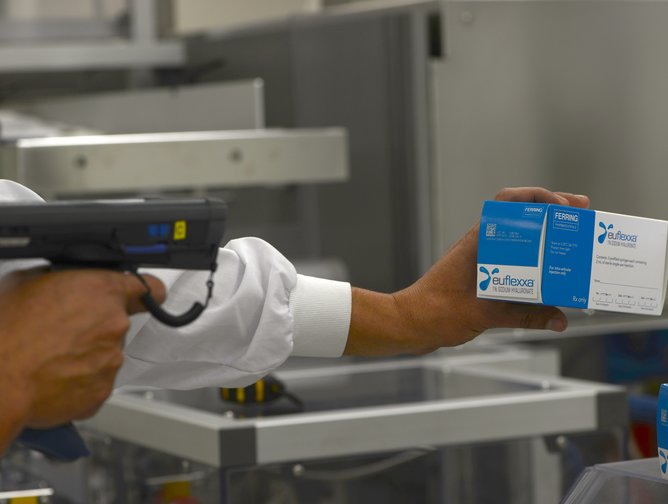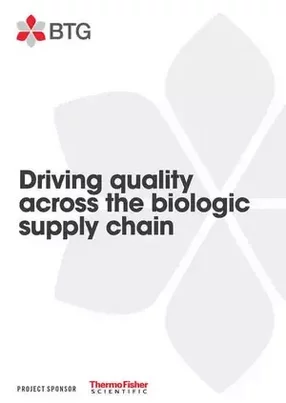How BTG is innovating to drive quality across the biologic supply chain
One of the first biologic companies in Israel, Bio Technology General (BTG) has become one of the most highly respected businesses in the industry. Housing significant expertise, the company supports startups in the country and is responsible for the development, production and marketing of growth hormone Somatropin, EUFLEXXA for osteoarthritis sufferers and Biolon for ophthalmic surgeries. The company also responsible for the production of new API for fertility treatment - Recovelle
Driving high quality standards across its operations, BTG has been recognised by the Israeli Ministry of Health for its commitment and unwavering focus on delivering high quality pharmaceuticals, which are commercialised in over 40 countries. The company is also set to see an investment of up to $15mn by its parent company, Ferring Pharmaceuticals, to expand its production capabilities in a mammalian cells operation for the production of fertility medicine.
“We are having a lot of audits from different regulatory authorities each year and are passing all of them with ease. We are very proud of our quality, systems and processes,” explains Head of Supply Chain, Alon Ben Dror.
Responsible for planning control, logistics, business technology, as well as BTG’s procurement activities, encompassing direct and indirect costs, Alon has spearheaded the transformation of BTG’s supply chain processes, placing the patient (or customer) firmly at the helm.
“Sometimes the customer is the patient but it can be a hospital or clinic. We need to ensure medicine is supplied in high quality, which means controlled shipment and logistics routes, making sure we have the right safety stock for each market,” he says.
“Planning and control are responsible for getting demand from the markets through the ERP system, in order to create work plans for production and quality control. The logistics group manages our warehouses, raw material, packaging material and our general technical warehouse. Thirdly, the business technology element encompasses two different areas, our control system and automation, the other being IT.”
Implementing LEAN processes
By combining its IT and supply chain operations, BTG has digitised its processes to become not only lean, but responsive to any issues or surges in demand across the supply chain.
Implementing a central automation system by Emerson, the company has gained the ability to control many of its production processes and visually look at all data received to better understand various trends.
“We've connected our quality control system to our production system so processes are interfaced with each other and enable a quicker transformation of information and therefore better coordination and release time,” reflects Alon.
“This has allowed us to further plan our logistics: how soon we can ship products, keep less inventory and reduce our cycle time. This is a big advantage for us. Our ERP system is also connected to the global organisation, so the market and global supply chain can see where things are in each point of time.”
Developing new products
Such is the company’s growth, its $15mn investment from Ferring will help BTG to expand its production capabilities, utilise new technologies and develop new production lines to promote the growth of its products and services. An area of increased focus is the manufacturing of fertility treatment Rekovelle, which will cater to ongoing global demands.
“This product is going to be manufactured at several sites at Ferring, and we will also have a backup site in Switzerland. This investment will enable us to enhance the biotech process in bio reactors and the product is derived from mammalian cells,” says Ben Dror.
However, communication across the organisation will remain a global challenge across the business. Supplying over 40 countries, BTG has worked to build trust and transparency, and regularly meets with all involved parties to guarantee mutually beneficial relationships.
“It is important to be clear with our messages and to be very transparent with the information given to highlight that we are in this together,” Ben Dror adds.
“Another challenge is that in many cases we have only one supplier. It is therefore important for us to maintain this relationship with suppliers and make them partners. This creates an environment where the supplier will also experience success. The supplier is crucial to the success of our organisation.”
See also:
- How Rodan + Fields is transforming its global supply chain
- Why Kuhn Krause believes the agricultural sector fertile ground for digitisation
- Cushman & Wakefield's APAC supply chain transformation shows how procurement delivers corporate goal
Methodology of safety
Additionally, in such a high cost, and highly regulated environment, it is imperative for the business to mitigate ongoing risks. Processes at BTG have been designed on a methodology of safety, starting at ground level.
“The first thing is to design your processes the right way. The second thing is implementing a high awareness of safety culture. We have a safety programme, named ‘Safety Through Leadership’, where we train our team leaders, all the managers in the organisation and also some employees to put safety as part of their leadership,” notes Ben Dror.
“We also have an SQDEC methodology, which stands for safety, quality, delivery, employee and cost. This is the base of the KPI structure at the organisation. We start with safety as its most important thing, then move to quality. After that, it’s my responsibility to deliver and make sure patients and customers receive goods on time in full. Last but definitely not least, we have the employees. It is crucial for the organisation to make sure we have the right people in the right positions with a proper development plan. If we are able to succeed with the four elements then the fifth, which is cost, will go down naturally.”
Factoring in safety as part of its lean culture, BTG has significantly reduced the number of risks across its operations and undertakes a number of activities to protect the environment, such as filtering out harmful chemicals and neutralising materials before they are thrown into drainage systems.
Delivering what Ben Dror describes as “the full package” across its operations, BTG will continue to house significant expertise and remain a key player in the biotechnology market.
“I see new ideas every day while we are moving forward. BTG management is also focusing on new opportunities,” he concludes. “And with a strong backup that we got from Ferring management, I believe that the future for BTG is to keep growing and to be a leading entity within the Ferring global organisation.”
